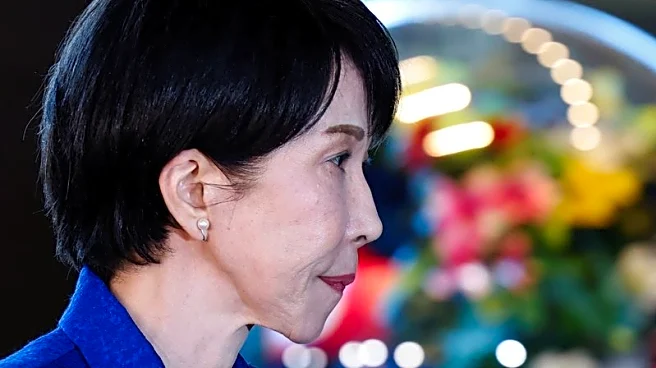Rapid Read • 7 min read
Russia is set to launch the Bion-M No. 2 biosatellite on August 20, carrying 75 mice and over 1,000 fruit flies to study the effects of spaceflight. The mission, launching from Baikonur Cosmodrome in Kazakhstan, will expose these specimens to 30 days of radiation in a pole-to-pole orbit, increasing cosmic radiation levels significantly compared to previous missions. The biosatellite, dubbed a 'Noah's Ark,' includes cell cultures, microorganisms, and plant seeds, along with lunar simulants to study radiation effects on moon-like materials. The mission aims to gather data on microgravity's impact on radiation susceptibility, aiding future deep-space mission planning and astronaut medical support.
AD
The Bion-M No. 2 mission is crucial for understanding the biological effects of spaceflight, particularly in environments with elevated radiation levels. This research is vital for preparing humans for long-duration space missions, such as those to Mars or beyond. The data collected could lead to improved medical support requirements for astronauts and insights applicable to medicine on Earth. Additionally, the study of lunar simulants may inform future moon exploration and construction efforts, contributing to the broader goals of space exploration and habitation.
Following the mission, researchers will analyze the biological adaptations of the mice and other specimens to space conditions and their readaptation upon return. The insights gained will be used to refine strategies for human spaceflight, particularly in high-radiation environments. The mission's findings may also influence future biosatellite designs and experiments, enhancing our understanding of space biology and its applications.
AD
More Stories You Might Enjoy












